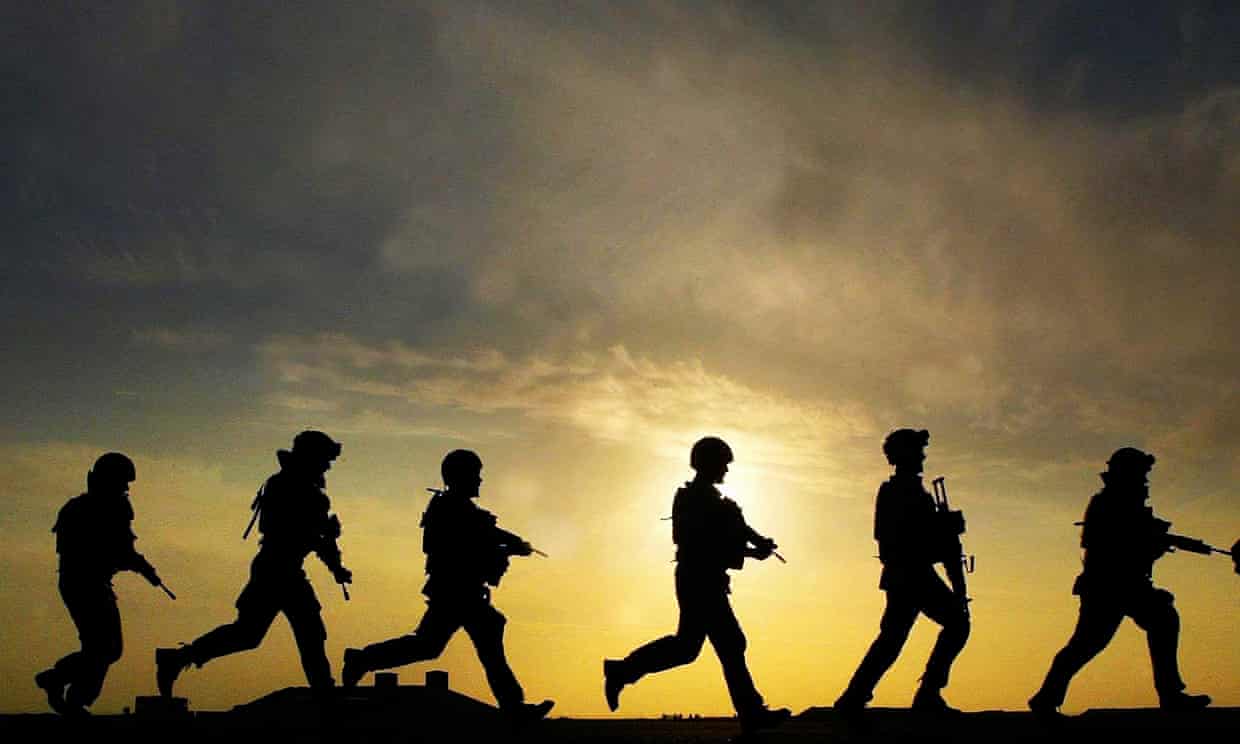By Sarah Lafen
Impunity Watch Desk Reporter, Europe
PARIS, France — Thousands of protestors marched in Paris on Sunday to demonstrate their opposition to same-sex marriage laws. Police estimated the crowd to be at approximately 24,000, however organizers of the event estimated the turnout to be about 200,000. The protest was led by the anti-gay marriage movement “Manif Pour Tous,” which translates to “Protest for Everyone.” Participants waved French flags and wore the movement’s colors – blue and pink. Some brought signs which read “All together for the family” and “In 2017, I’ll vote for the family.”

In 2013, France’s socialist government legalized same-sex marriage in a movement they called “Marriage for All.” The protestors on Sunday hoped to put pressure on right-winged politicians, who are about to take part in a presidential primary in November, to repeal the law if elected. One 29-year old protestor stated that he wanted a “return to the principles of Christian civilization in terms of family, institutions and work.” Manif Pour Tous also opposes surrogate pregnancies, assisted reproduction technology, and adoption by same-sex couples.
One hundred gay rights activists staged their own demonstration in opposition to the anti-gay marriage protest to “respond to the hate propagated by Manif Pour Tous.” At the demonstration, same-sex couples kissed at the city’s central Place de la Republique. The protest was also briefly interrupted when 13 people were arrested following a protest by six topless women from the activist group Femen. Some of the women had the phrase “Hate is not a family value” written across their chests.
Former French President and 2017 presidential hopeful Nicolas Sarkozy stated that he would not repeal the law if he were to return to the presidency. Sarkozy believes that “France has many other important issues to deal with such as security, terrorism and unemployment, rather than recreate conditions for another hysterical debate.”
Manif Pour Tous last orchestrated a large demonstration in 2013 against the Marriage for All law, claiming to have gathered 1.4 million people in the streets of Paris.
So far, none of the leading presidential candidates from the right-wing party have said they intend to repeal the same-sex marriage law if elected.
For more information, please see:
DW — Tens of Thousands Protest Against Gay Marriage in Paris — 16 October 2016
France 24 — Anti-Gay Marriage Protesters Return to Streets of Paris — 16 October 2016
Reuters — French Anti-Gay Marriage Protesters March to Revive Issue Before Polls — 16 October 2016
Yahoo — Anti-Gay Marriage Protesters Return to French Streets — 16 October 2016

